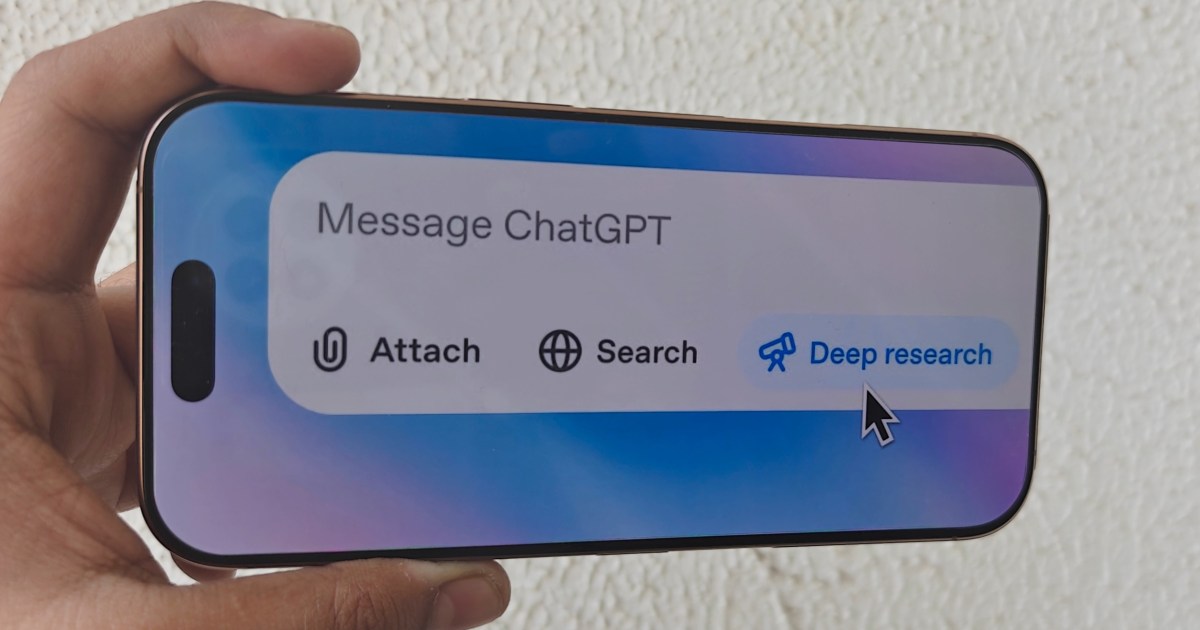Google Gemini, the tech giant’s AI chatbot, boasts a substantial user base of approximately 350 million monthly active users and 35 million daily active users as of March 2025. However, recently uncovered court documents from an antitrust case, as reported by The Information, reveal that Gemini still lags behind competitors like OpenAI’s ChatGPT and Meta’s AI services in terms of user numbers.
This data highlights Gemini’s growth trajectory, from 90 million monthly and 9 million daily users in October 2024 to its current figures. While impressive, these numbers pale in comparison to industry estimates for ChatGPT, which project over 600 million monthly active users and 160 million daily users. Though unconfirmed by OpenAI, these estimates suggest a significant lead over Gemini. OpenAI CEO Sam Altman previously announced 500 million monthly active users in early April, and later hinted at potentially reaching one billion weekly active users in a TED interview, as reported by PCMag.
Meta AI also maintains a strong position, reporting approximately 700 million monthly active users as of January 2025, a significant increase from almost 500 million in September 2024.
While all three AI services are experiencing rapid growth, Google’s strategy for Gemini deployment differs significantly from its rivals. Unlike many AI tools requiring users to visit a webpage or download an application, Google is integrating Gemini directly into its existing ecosystem. This includes embedding Gemini within Google Workspace apps, the Chrome browser, and partnerships with Samsung to incorporate it into Galaxy smartphones. Further collaborations with computing OEMs are also underway to develop Chromebooks with native Gemini integration, as noted by Gadgets Review.
In contrast, ChatGPT’s viral growth has been partly fueled by the launch of the GPT-4 image generator model, leading to a surge in user sign-ups. Meta AI benefits from a massive pre-existing user base across platforms like Facebook, Instagram, and WhatsApp.
Google, while consistently updating Gemini, has focused primarily on productivity-enhancing features. Key additions include Deep Research, which explains the reasoning behind Gemini’s responses, and AI Mode for Google Search, a more AI-driven search experience.
In conclusion, while Google Gemini’s user base is substantial and growing, it currently trails behind ChatGPT and Meta AI. However, Google’s unique integration strategy, focusing on seamless accessibility within its existing ecosystem, may prove to be a key differentiator in the long-term competition within the rapidly evolving AI landscape.











